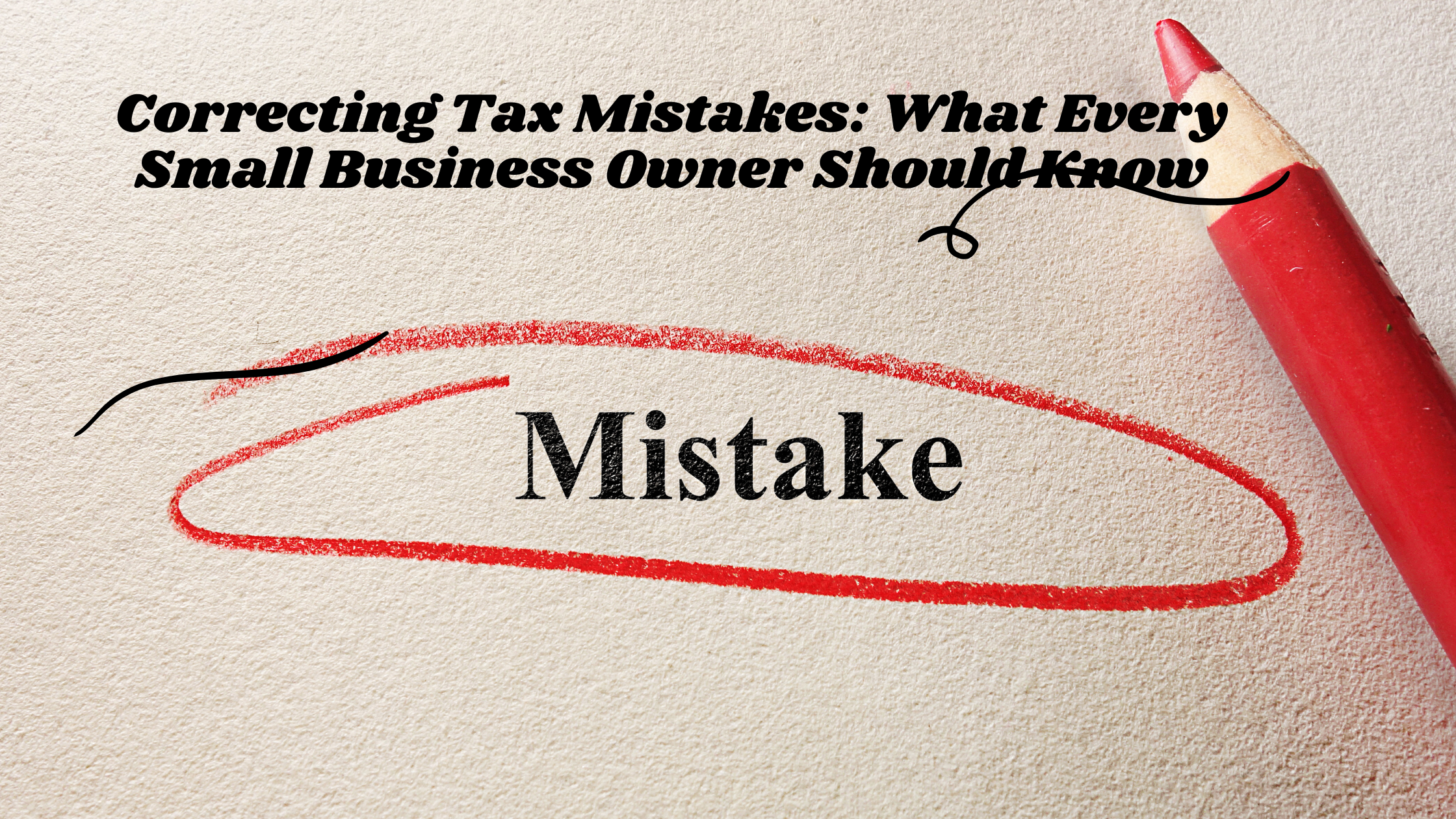4 ways corporate business owners can help ensure compensation is “reasonable”
If you own a C corporation, you know there’s a tax advantage to taking money out as compensation rather than as dividends. The reason: A corporation can deduct the salaries and bonuses that it pays executives, but it can’t deduct dividend payments. Therefore, if funds are paid as dividends, they’re taxed twice, once to the corporation and once to the recipient. Money paid out as compensation is taxed only once, to the recipient employee.
However, the amount of money you can take out of the corporation this way is limited. Under tax law, only compensation deemed to be reasonable can be deducted. Any unreasonable portion isn’t deductible and may be taxed as if it were a dividend paid to a shareholder.
Steps to help protect yourself
There’s no simple way to determine what’s reasonable. If the IRS audits your tax return, it will examine the amount that companies in similar industries would pay for comparable services under comparable circumstances. Factors considered include the employee’s duties and the amount of time spent on those duties, as well as the employee’s skills, expertise and compensation history. Other factors that may be reviewed are the complexities of the business and its gross and net income.
There are steps you can take to make it more likely that the compensation you earn will be considered “reasonable” and therefore deductible by your corporation. For example, you can:
- Keep compensation in line with what similar businesses are paying their executives. Be sure to retain whatever evidence you find about what others are paying.
- Contemporaneously document the reasons for compensation paid in the minutes of your corporation’s board of directors. For example, if compensation is being increased in the current year to make up for earlier years when it was low, be sure the minutes reflect this. Cite any executive compensation or industry studies that back up your compensation amounts.
- Avoid paying compensation in direct proportion to the stock owned by the corporation’s shareholders. This can look like a disguised dividend and will probably be treated as such by the IRS.
- Pay at least some dividends if the business is profitable. This avoids giving the impression that the corporation is trying to pay out all of its profits as compensation.
Keep in mind that the IRS is generally very interested in unreasonable compensation payments made to anyone “related” to a corporation, which may include not only a shareholder-employee but also a member of a shareholder’s family.
Plan ahead
The challenges are many, but you can avoid some problems by planning ahead. Contact the office if you have questions or concerns about your situation.




